
Understand Stigma
Impact of Stigma
Stigmatizing actions, ideas, and beliefs

Stereotypes – Ideas
People with mental health challenges are incapable, fragile, dangerous, and cannot recover.
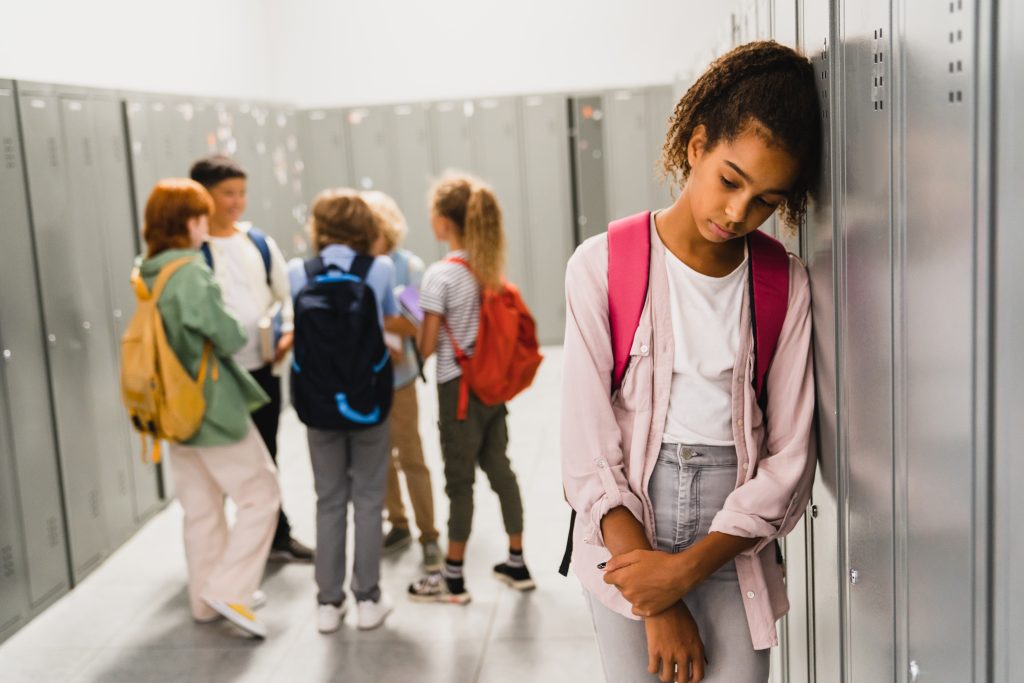
Prejudice – Beliefs
They are less than.

Discrimination – Social
I don’t want them to live next door, be a co-worker, or marry into my family.

Discrimination – Structural
Institutional, organizational, governmental limits to: availability, accessibility, acceptability.
How common is mental illness and addiction?
It’s possible that you don’t experience mental health challenges, but many people are.
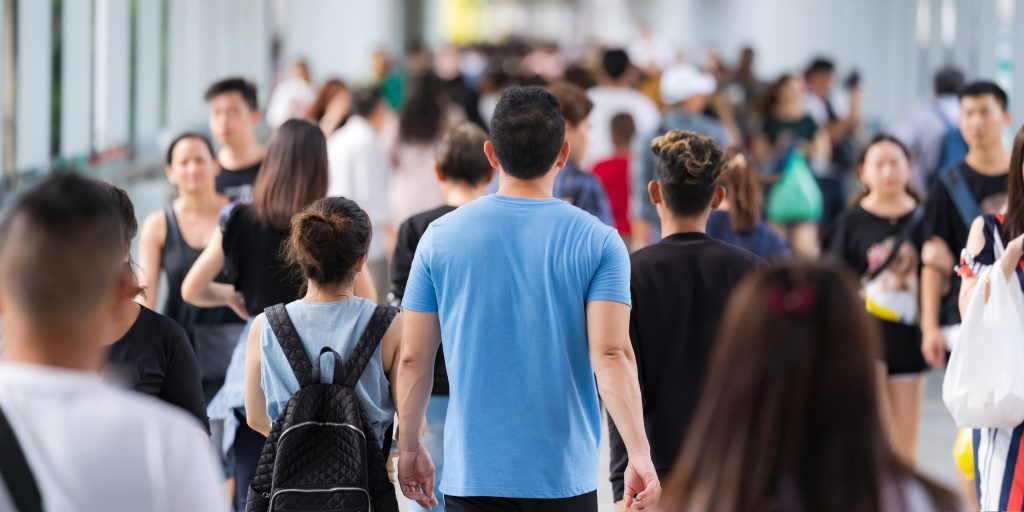
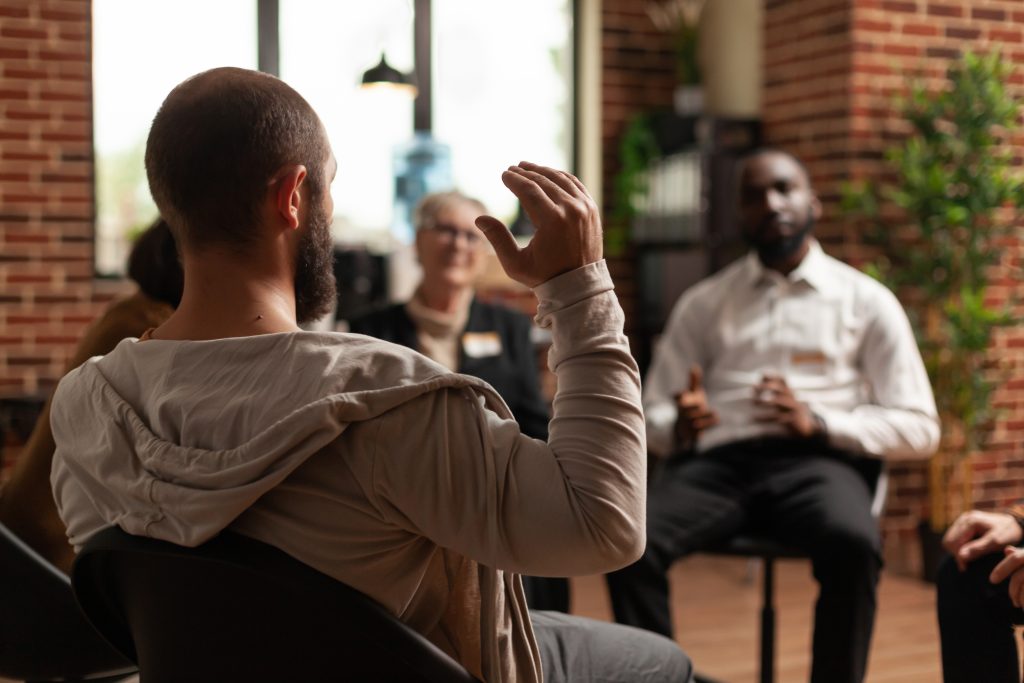

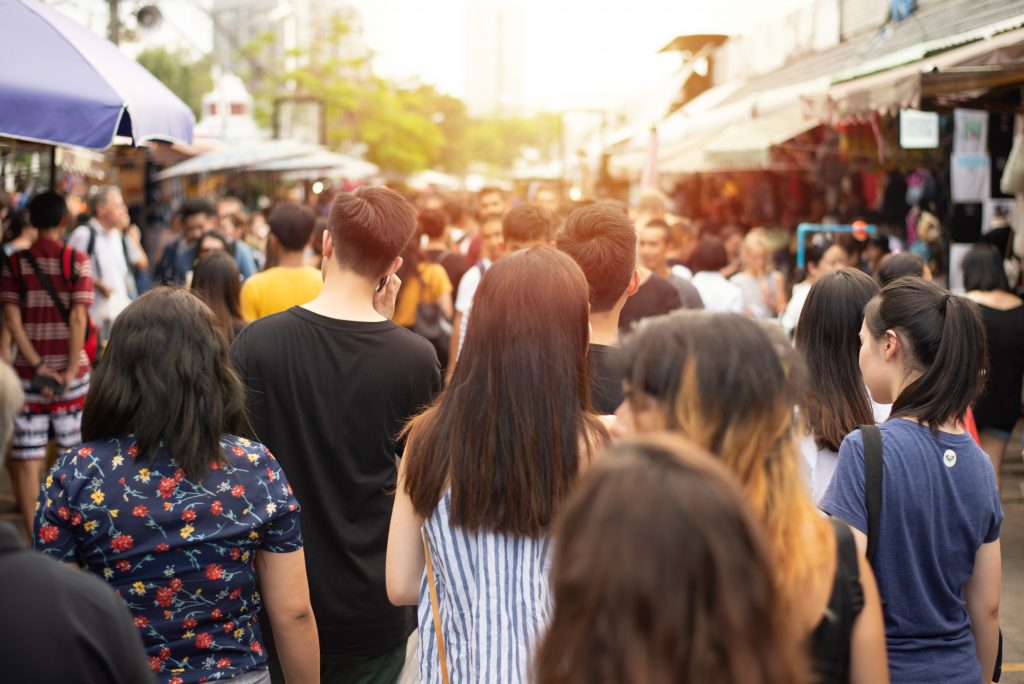
The ongoing impact of stigma

Worse healthcare

Lost employment

Diminished education opportunities

Alienated from faith community
What you can do today?
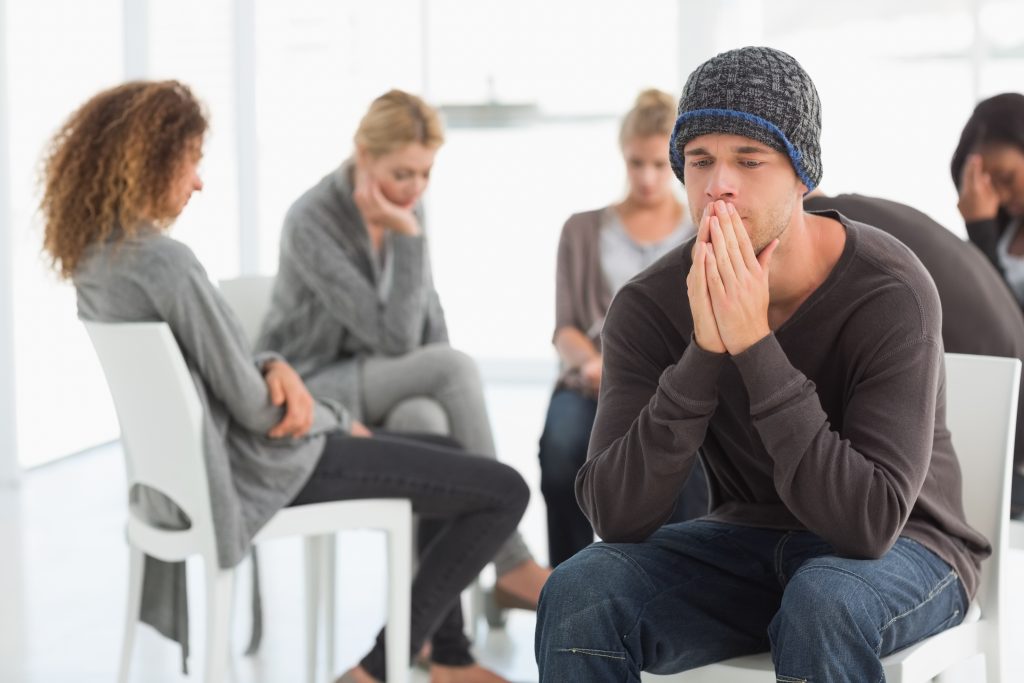
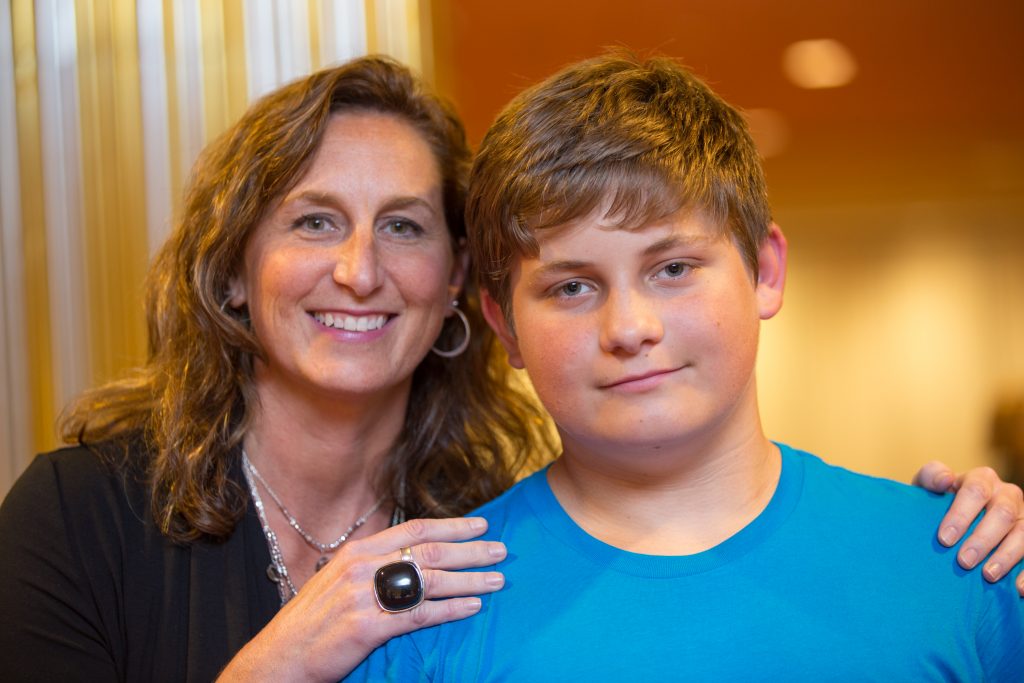




See a person for who they are, not what substances they use.



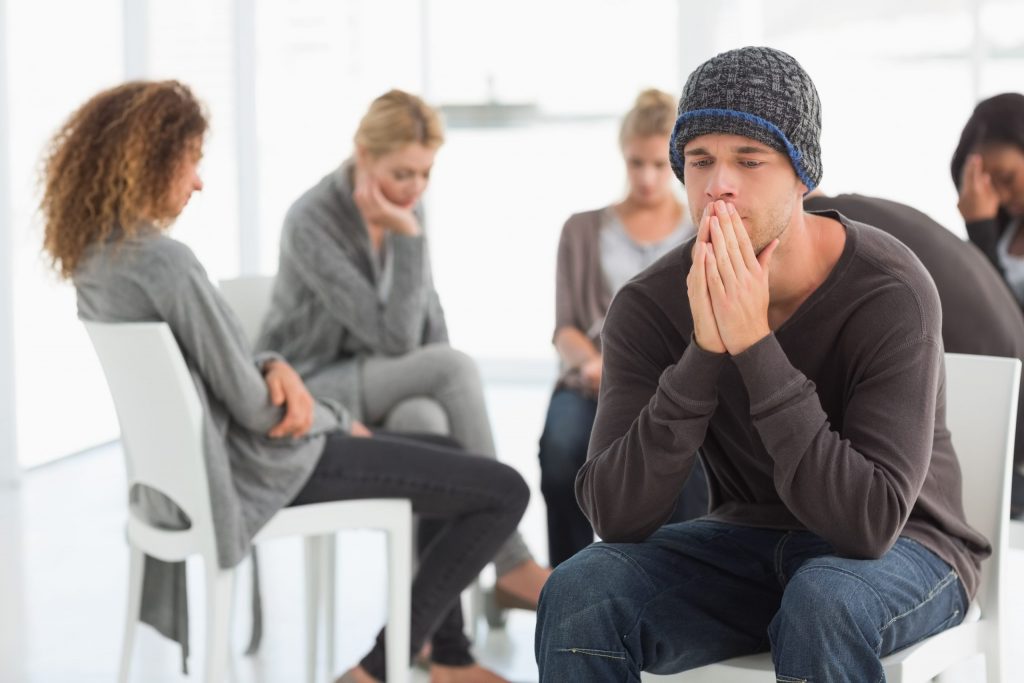
Reversing self-stigma
Research shows that the best way to reverse self and public stigma is through storytelling. When people with mental health challenges share their recovery experiences in a targeted, local, credible and continuous way, it helps others to connect with them and see that they are human beings. Sharing stories is the primary, evidence-based practice to reduce stigma.